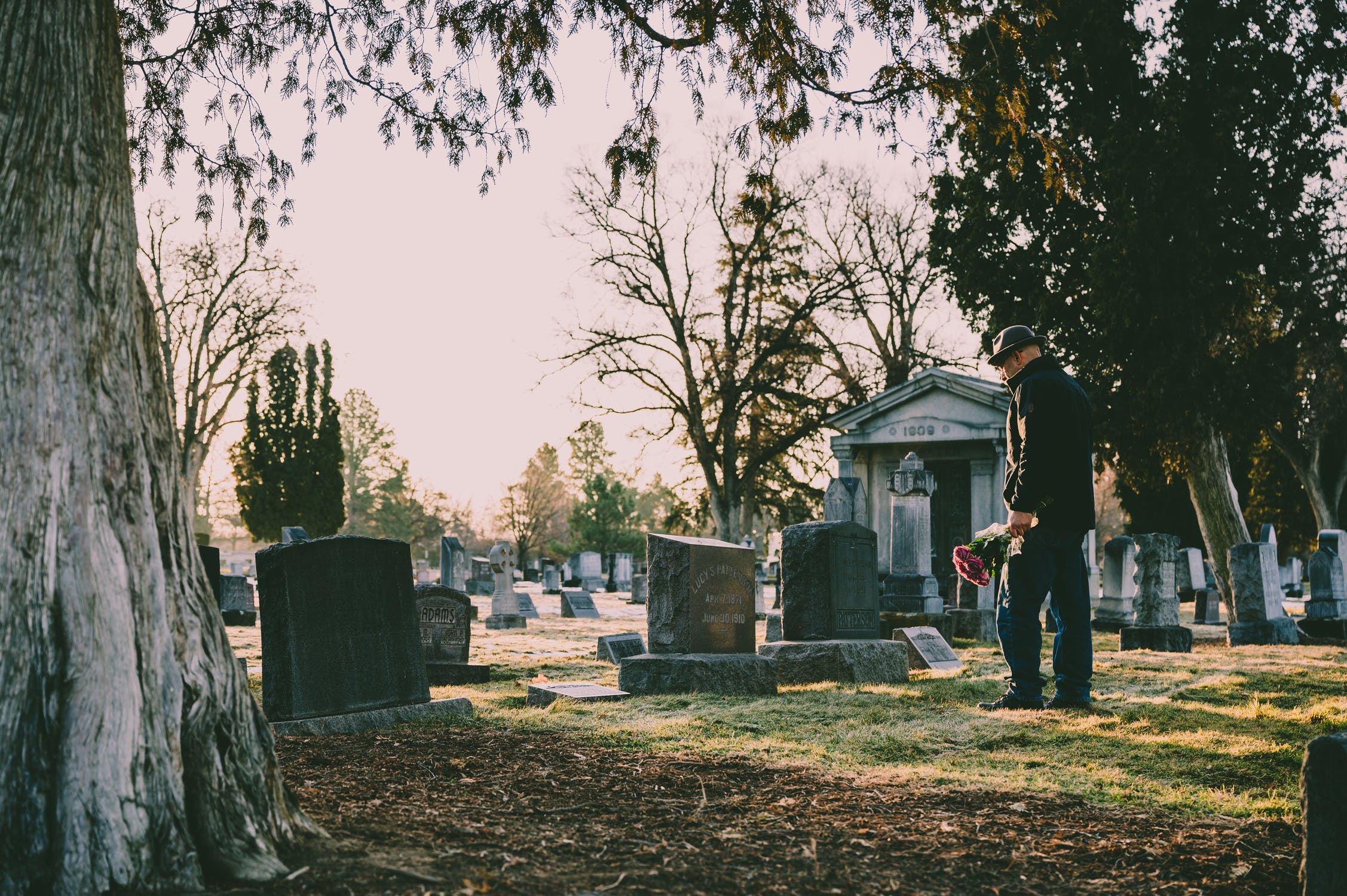Can You Sue for Sudden Death in a Nursing Home?

The average life expectancy for men who were born in the United States in 2019 is 76. For women, it’s 81. As such, it’s not all that surprising when someone in their 80s or 90s passes.
Just because someone is old, however, doesn’t mean sudden death is expected. This is especially true among nursing home residents who receive around-the-clock care. Whereas seniors who still live at home aren’t monitored by qualified providers 24/7, those who reside in long-term care facilities should have immediate access to life-saving interventions in the event of a medical emergency.
In other words, if your loved one died suddenly at a nursing home, it’s reasonable to be suspicious. People should not rely on nursing home administrators to be honest about the circumstances that led to the death. In one review, ProPublica and PBS “Frontline” identified dozens of cases in which alleged nursing home abuse would have gone unnoticed by authorities but for the intervention of concerned relatives and other whistleblowers. Many people wonder can you sue for sudden death in a nursing home? To learn more about your options in your case, consult with a compassionate and experienced legal team.
How Do I Sue for Sudden Death in a Nursing Home?
Whether your family has grounds for a claim will depend on the circumstances of the death. In the state of Florida, a wrongful death in a nursing home is a death that can be attributed to negligence, wrongful acts, defaults, or breaches of warranty or contract.
If your loved one suffered unanticipated complications and the staff followed the most widely accepted standards of care when addressing them, the death would not be considered wrongful. If, on the other hand, your relative died suddenly because staff neglected or abused him or her, your family would have grounds for legal action.
Should this be the case, it’s wise to consult a wrongful death lawyer as soon as possible. In the state of Florida, the standard statute of limitations for such lawsuits is two years. There are a few exceptions to this filing deadline, though—and critical evidence may not be available indefinitely—so it’s best to commence the proceedings as soon as you have reason to believe the death was preventable.
Your legal team will start by conducting a thorough investigation into the cause of death. In addition to reviewing relevant records and interviewing the deceased’s caregivers, your attorney might consult with various experts, speak with eyewitnesses, and try to access evidence of negligence or abuse that the facility might be withholding.
It’s important to remember, however, that gathering evidence of liability is only half the battle. In order to build a strong wrongful death claim, you will also have to prove causation and damages.
The types of damages you may pursue will depend on your relationship with the deceased and a number of other factors. A nursing home abuse lawyer can help you approximate a fair settlement figure.
Speak with a Florida Nursing Home Abuse Attorney Today
If your elderly relative died suddenly while in the care of nursing home staff, contact Emerson Straw. We will conduct a thorough investigation into the cause of death and help your family pursue the maximum recovery possible. Call (727) 821-1500 or fill out our Contact Form to schedule a free case evaluation with a nursing home abuse lawyer in Florida. You could learn about your options to sue for the sudden death of a loved one in a nursing home.
